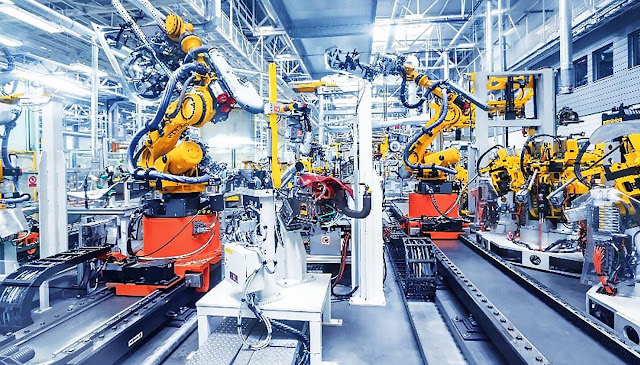The importance of HR training courses in gaining competitive advantage
Humans are the actual source of competitiveness since they are the only resource with the advantage of the intellect and mental ability to think, creativity, and invention, which are the sources of renewal and development, and eventually greatness.
As a result, modern management is becoming more interested in human resources, and it’s working to innovate and develop the best ways and mechanisms to invest its energies, as well as employ its mental and creative abilities, in creating and developing competitive advantages in the form of new and diverse goods, services, and technologies.
What are the main components of HRM?
-External environment: the conditions, systems, and individuals that comprise organisations and operate inside them.
- Management: the group of people in charge of directing the work and making decisions that lead to achieving the goals (outputs) and the use of the available resources.
- Internal environment: The people, relationships, processes, and procedures that emerge within an organisation to carry out work and achieve the required outcomes.
- Resources: These are the talents that management may employ in carrying out the tasks necessary to achieve the goals (results). The External environment is the primary source of resources, and the management must make the effort to get these resources while also bearing the expense.
- Production: Commodities and services produced as a result of work and the utilisation of available resources. Organisations profit from these outputs by channeling them into the external environment (the markets).
Human resources development and planning: do they go hand in hand?
Human resources planning is the process of making the best use of the resources available in an organisation.
Developing human resources involves the following actions:
- systems analysis.
- work analysis.
- Individual characterization.
The preceding aspects are part of the human resources planning process because they overlap and integrate in such a way that they cannot be separated, confirming the strong interdependence of the planning and development processes.
Building human resources:
The goal of the management in charge of a company's performance is to find a productive, steady, and efficient force:
- Productive: achieving the needed output in the appropriate amount, time, and with the proper specifications.
- Stable: The employee turnover rate is as low as feasible because the higher the rate of work turnover, the lower the productivity and efficiency of work.
- Effective: in the sense that individuals complete their tasks in the most efficient and cost-effective manner possible.
To achieve these attributes, management must devise a comprehensive plan for developing these talents and characteristics. The best human resources don’t arise by chance; rather, rigorous planning and execution of the many components of the human resources development plan are the only way to reach the desired level of productivity, stability, and effectiveness in the workforce.
The concept of "Human resources development" refers to an integrated and planned process that is based on accurate information and aims to find individuals capable of meeting the job requirements, as well as understanding the rules, and strategies and applying them while performing business operations.
What are the most effective HR training courses?
Many organisations help employees perform successfully in their jobs now and in the future in order to fulfill the organization's goals. and staff training should be prioritised by the organization's management as part of the duty of investing in human resources.
The most important courses that help employees keep up with changes in the organization's external and internal work environments are:
Advanced employee relations training, human resource management practices and processes training, continuous employee development and empowerment, competency-based management training, and others.
Training enables businesses to keep up with development and modernisation while also boosting worker productivity and demonstrating talents that help them perform their jobs honestly and professionally.
This growing interest in human resources has moved from governments to organizations of all sizes.
Intelligent management recognises that trained employees with competence, ability, and desire are the most essential component in achieving market superiority and distinction. And that whatever the organization's material capacities of labor and production are, humans are the only ones who can make it successful and put it to good use.
If you would like to make sure that your company is productive, stable, and effective, think about enrolling in Human resources training courses in London that help HR staff plan and program training that will help them to grow their abilities.



Comments
Post a Comment